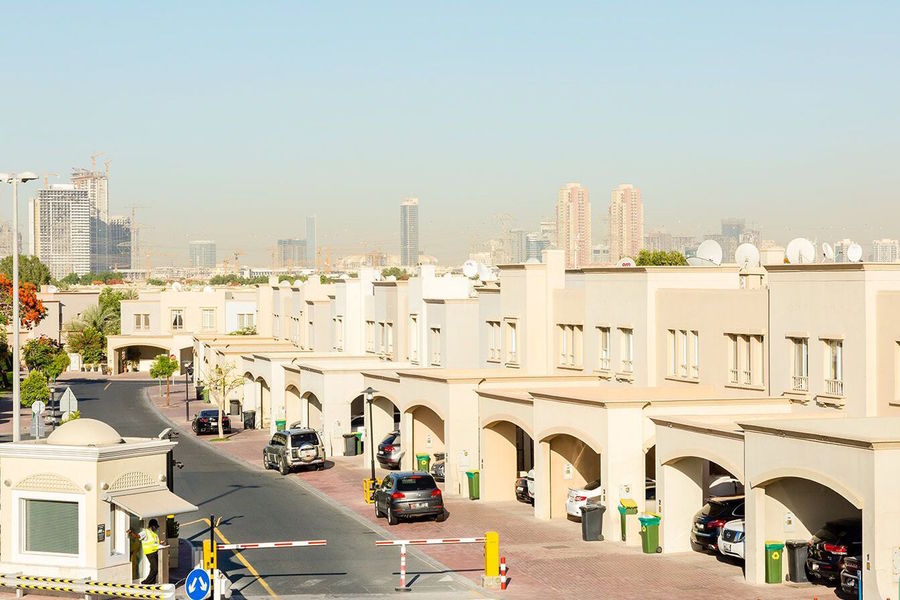
The real estate market in Dubai is flooded with property, giving you multiple apartments to choose from if you’re looking to rent. However, it is vital to have a few factors in mind before settling in an apartment to avoid unnecessary arguments with your landlord. It’s paramount to know that you have the law on your side to protect you. Have a quick look at what you ought to be aware of.
1. Your landlord has no right to raise your rent as he or she fancies
In case you wake up one morning and find your rent has significantly increased, you may file a case with the Rent Committee based on the UAE Decree (26) of 2013. The law will force your landlord to stick to the agreed price.
2. Increase in rent must follow a rental index
In Dubai, landlords have the right to increase your rent by 5 percent if the price of your unit is 11 to 20 percent less than those of similar ones in your area of residence. Additionally, your rent may increase by 10 percent if its value is 21 to 30 percent less than that of similar apartments.
The price can also increase by 15 percent if it's 30 to 40 percent short of the price of similar apartments in the area. This is per the Real Estate Regulatory Agency (RERA) requirements.
3. Notice for an increase in rent
The law requires landlords in Dubai to give you a 90-day notice before they increase your rent. This may give you ample time to either prepare yourself financially or seek an alternative.
4. Eviction notice
You shouldn’t have to endure the stress of waking up one day and finding yourself homeless. Arm yourself with the knowledge that your landlord may only request you to evict after giving you a written notice 12 months earlier.
5. You should register your contract with Ejari
RERA developed the Ejari online platform to record all leases and rental contracts in Dubai. The aim of doing this is to ensure that your contract is legally binding and that the terms of the tenancy are protected by the agency.